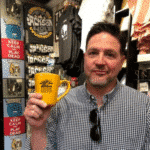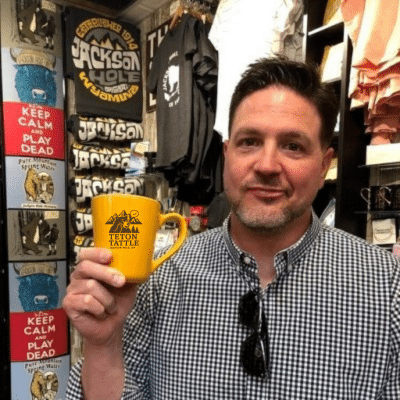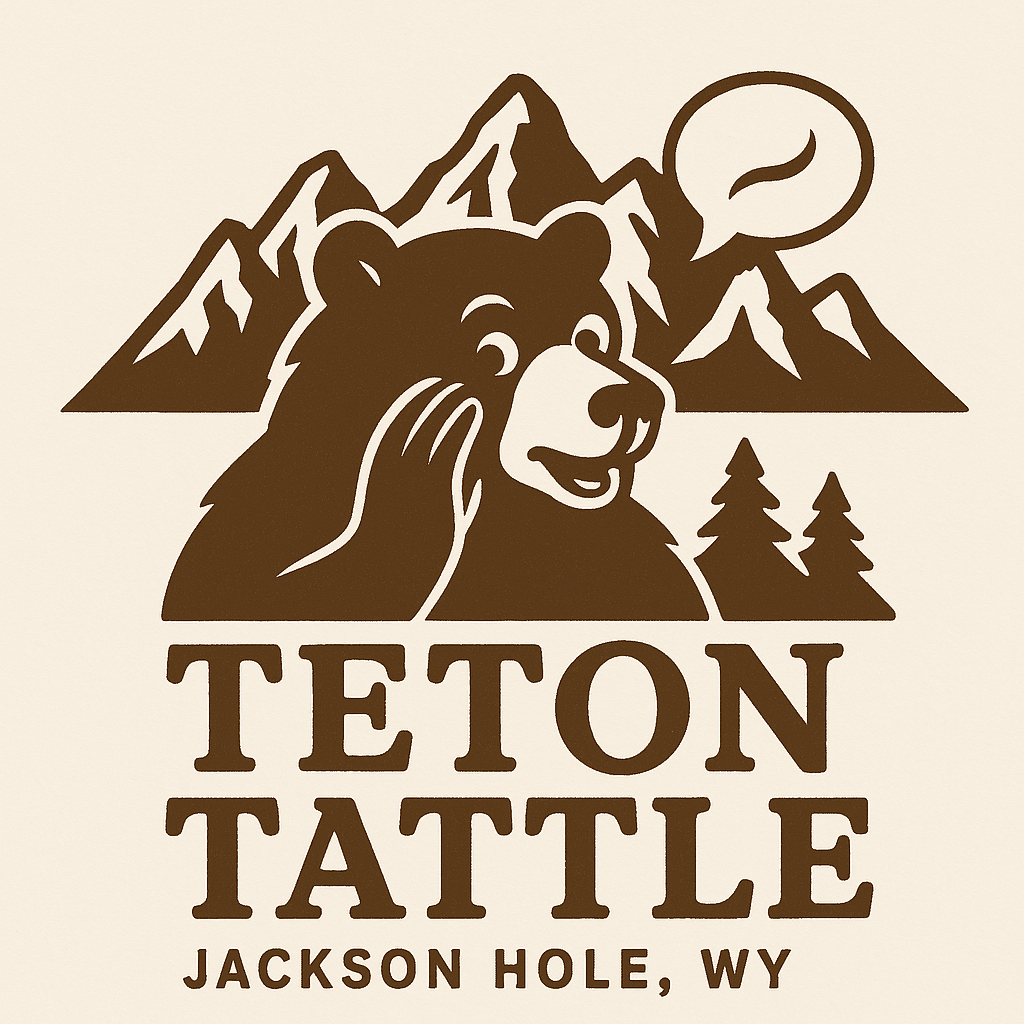The House always wins, or at least, the State of Wyoming is hoping it will.
At a recent legislative committee meeting in Cheyenne, lawmakers took a long, hard look at Wyoming’s cut of the growing gambling pie… and decided it’s time to double down.
The Stats:
Online wagering activity in the Cowboy State has reached levels of nearly $630 million over the past five years. The state? It pocketed just $3.8 million in taxes. That’s a 10% rate, well below the 19% average nationwide, according to the Legislative Service Office. The latest quarterly report on sports betting revenue highlighted the low tax impact.
So, what’s on the table? A proposed increase to 20% for online sports wagering.
Rep. Liz Storer (D–Jackson) pushed the idea forward, and while the 20% figure is still a placeholder, lawmakers are clearly ready to up their game. As Sen. Tara Nethercott (R–Cheyenne) warned, “No doubt we’ll hear from folks from the online sports wagering industry.” Translation: the lobbyists are coming.
Skill Games: Not Getting Off Easy Either
Bars, truck stops, and even nonprofits, where you’ll often find skill-based amusement games, may soon face a 25% tax on net proceeds, up from the current 20%. The extra 5% would be earmarked for highway and road funding, something the state says is falling short by as much as $1 billion.
But not everyone’s throwing dice with joy.
Jonathan Downing, lobbyist for Cowboy Skill Games, warned that the hike would hit small Wyoming businesses the hardest. “This increase would be borne by the very places that serve your neighbors and local communities,” he said.
🐎 Historic Horse Racing: More Than Just a Safe Bet
Pari-mutuel wagering, including live racing, simulcast, and Historic Horse Racing (HHR), was also up for discussion.
Rep. Bob Nicholas (R–Cheyenne) proposed bumping HHR’s tax rate up by 1%, potentially adding $50 million to state coffers. Sen. Mike Gierau (D–Jackson) tagged on simulcast operations, just to spread the love. HHR is an easy target based on the perceived revenue gap from other gambling options in the state.
But industry insiders say the state’s take is already steep. Traci Lacock, general counsel for Wyoming Downs and 307 Horse Racing, said the real tax rate is more like 1.9% after required payments to the Breeders Fund.
Her bigger concern?
Misunderstanding the difference between handle (total bets made) and actual revenue. “We’re not sitting on piles of cash,” she told lawmakers. “We’re covering payroll, rent, property taxes… all with about 7 cents of every dollar wagered.”
What’s Next?
Nothing’s law yet, but the dice are rolling. Draft bills are in motion, and lawmakers are bracing for the inevitable pushback from operators, lobbyists, and anyone who likes their blackjack with low overhead.
If passed, these changes could mean more funding for roads, health programs, and public schools, but also more strain on small-town bars and businesses that rely on these games to keep the lights on.
As always, the stakes are high. And in Wyoming, even the tax code plays cowboy.
AntlersArch founder and the voice behind Teton Tattle.





